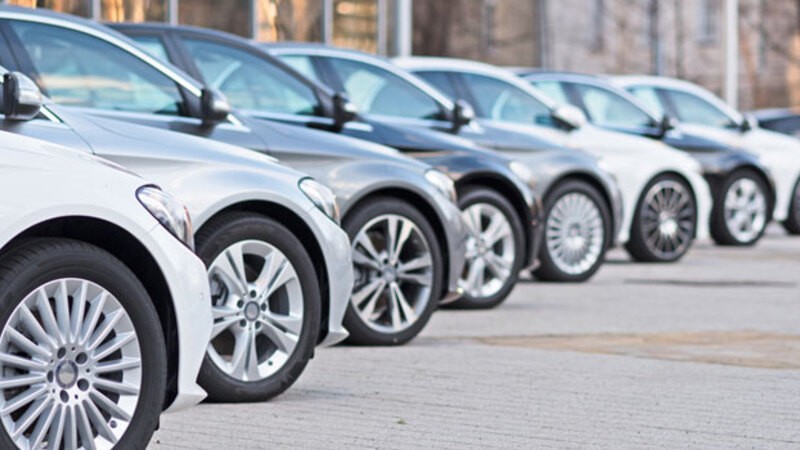On the avenues of Shenzhen, the technology hub in southeast China, electric cars are overtaking internal combustion vehicles, illustrating the country’s rapid transition to the forefront of the automotive industry.
On Shennan, the wide ten-lane artery that runs through the dense grid of skyscrapers in the city’s financial district – the tallest building is the 550-meter Ping An Finance Center – cars with green license plates, the mark that distinguishes electric from internal combustion vehicles, are already predominant.
“We have one of the highest penetration rates in the world,” said the mayor, Qin Weizhong. The goal is to reach 1.3 million units by 2025, he said.
Some 10,000 kilometers away, in Brussels, the president of the European Commission, Ursula von der Leyen, announced this week an investigation into the subsidies China grants its electric vehicle manufacturers. “The world markets are flooded with cheaper Chinese electric vehicles and their price is kept artificially low thanks to huge state subsidies,” she explained in a State of the Union address.
Experts interviewed by the Lusa news agency argue that the problem lies in the “excessively heavy and slow structures” of European groups to adapt to an industry that is undergoing profound changes. The investigation announced this week “indicates fear” that Europeans will not be able to compete in the electric segment, they say.
“Europe fell asleep and didn’t believe that China was capable of developing the automotive sector,” said Carlos Martins, who runs a factory for the Portuguese car components company Sodecia in the north-eastern Chinese city of Dalian.
Speaking to Lusa, the Portuguese, who has lived in China for ten years, highlighted the “completely different” speed at which local car manufacturers operate, as opposed to their European counterparts, which have “very heavy” organizational structures and take “a long time” to make changes.
“It takes us a long time to adapt,” he said. “We have very heavy structures, which are used to operating in a mature market, where competition is already more or less defined between two or three groups,” he said.
Read more in Dinheiro Vivo



